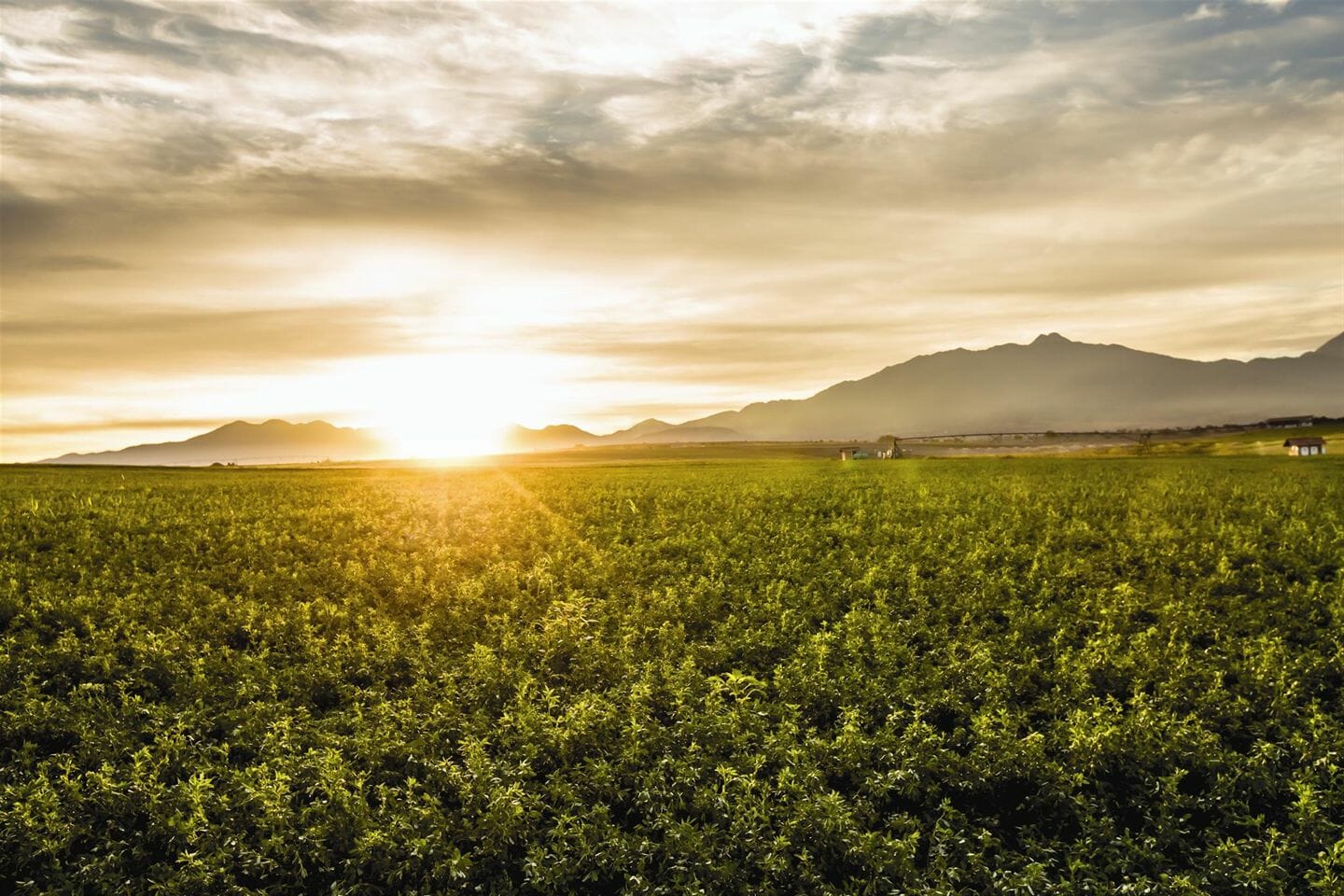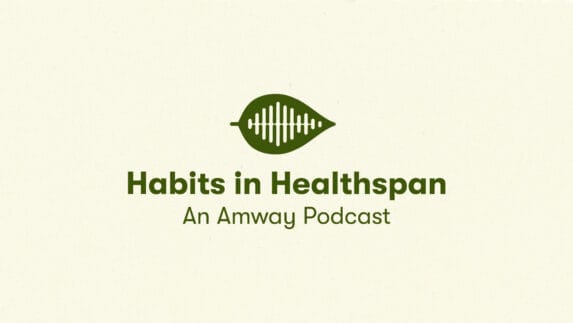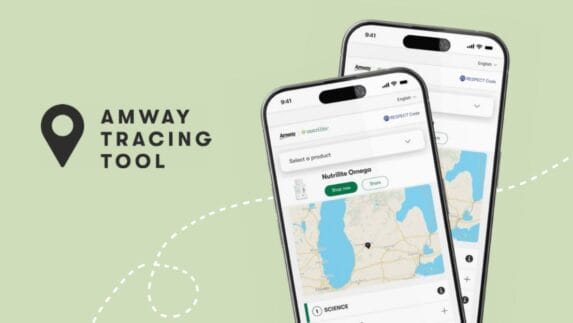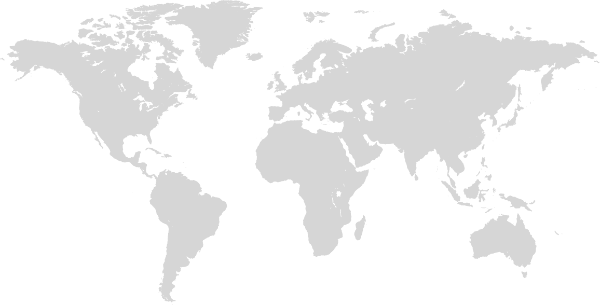Dietary supplements are amazing. Medical researchers have long recommended the use of supplements to close nutrition gaps in our diets and have even concluded that regular supplement use is a sensible choice for most people. As an added bonus, supplements are easy to get and easy to take.
But what makes a supplement effective? What are the ingredients and where do they come from? How do you know that they can live up to their promises?
Nutrilite can answer all those questions… and more. Careful tracking of seeds, plants, farms, water and nutrients provides information about products from seed to serving. The company policy is to go beyond industry recommendations and requirements to assure customers that Amway stands behind its product promises.
Start with the seeds
According to Amanda Hennerty, NutriCert™ Project Manager at Nutrilite Global Agribusiness, traceability is essential.
“Many of our botanicals – or plant-based ingredients – are grown on more than 6,400 acres of Amway farms in the U.S., Mexico and Brazil,” Hennerty explained. “For those products, it’s easy because we know exactly how they’ve been handled. We know about the seed, the soil, the water, the fertilizers and the processing. We can – and do – document all of that information.
“But we can’t grow everything we need, so we also buy ingredients from suppliers,” she added. “And that’s where our traceability initiative becomes important. Right now, we can trace more than 90 percent of our functional botanicals back to their farm source. The majority of those farm sources have also been audited through our NutriCert program.”
The assurance of NutriCert Certification
At Amway, traceability is a rigorous process of documentation and is required for every botanical supplier. It’s an important part of the NutriCert Certification Standards and auditing process, which are exclusive to Nutrilite and are based on the principles that Carl Rehnborg used to establish his own farm.
The areas covered by the NutriCert program include green farming practices that benefit the environment, socially responsible practices that positively affect people and smart business practices that provide assurance of quality control. Examples of NutriCert program practices include:
- Maintenance of a natural and balanced farm site environment
- Ecologically vital operations that enhance biodiversity
- Good agricultural practices that promote food safety
- Worker safety and development
- Community outreach and involvement
- Documentation of farm management plans and production activities
- Traceability of final ingredient to the agricultural field location
“We require all botanical suppliers to disclose information that goes all the way to the farm level,” Hennerty said. “Then the NutriCert program takes over. Every supply chain is expected to meet the standards that Amway has set for our own farms. Traceability and the NutriCert standards review for simple one- or two-tiered supply chains are often a short process, but in other situations, when the supply chain is more complicated with three to six levels, the assessment is lengthy and complex.”
NutriCert certification in action
“While many of the ingredients for Nutrilite™ supplements are grown on Amway organic farms, some are not so practical to grow ourselves,” Hennerty said. Strategic sourcing teams at Nutrilite determine which botanicals are best to grow and process on Amway farms and which are best to source externally. The obvious choices for external sourcing are the functional botanicals that require special region-specific growing conditions. Many crops in this category are known as wildcrafted botanicals.
Wildcrafting is an operation specific to harvesting botanicals from a defined natural or wild area that is not actively cultivated. NutriCert program guidelines help ensure that ingredients used by Nutrilite are harvested using sustainable practices that do not diminish the existence or productivity of the wild botanical.
For example, in Cal Mag D Plus, Nutrilite uses naturally calcified seaweed harvested from glacial fjords off the coast of Iceland. This is one of nature’s most concentrated botanical sources of calcium and magnesium.
Even in the waters off Iceland, Nutrilite certifies that the supplier meets the high NutriCert standards, ensuring that sustainable environmental and agricultural practices are followed. Amway even knows that harvesting crews use advanced GPS technology to gather the seaweed while protecting other delicate sea life.
How NutriCert certification sets Nutrilite supplements apart
The traceability initiative for functional botanicals goes beyond industry requirements and regulations because Nutrilite and Amway know and understand the processes of every single tier in the supply chain down to the farm level, Hennerty said.
Current industry standards, as outlined in the Dietary Supplement Current Good Manufacturing Practice (21 CFR 111) and the Food Safety Modernization Act (Section 204) only require documentation from immediate tier suppliers, but there is no requirement to trace all the way back to the farm. Amway digs deeper by following botanicals from the time they were seeds.




